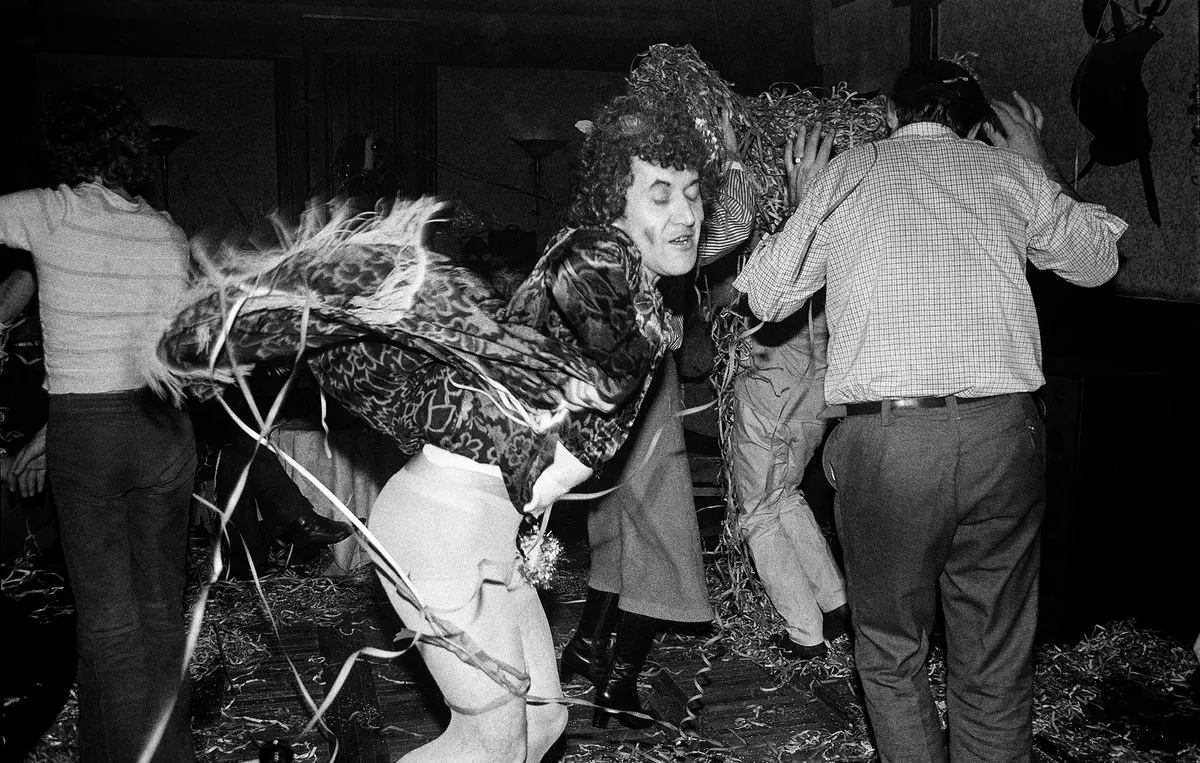The Swedish home-furnishing mega-store made a ground-breaking move this fall: agreeing to give €6M to ex-political prisoners who made its products in East Germany back in cold-war times (when labor costs were super-cheap behind the iron curtain)
André Wagenzik remembers the harsh reality of those times; the Stasi locked him up about 40 years ago for so-called “state interference“. He spent his days making door-hinges for Ikea: if workers didnt meet impossible quotas they got thrown into tiny cells; one guy even spent two weeks alone in solitary
Ikeas investigation from roughly 10 years back showed they probably knew about using prison labor; their German CEO now says they feel bad about it. Other big names like Siemens and Aldi face similar questions — but Aldi claims its too hard to check old supply records
The forced-labor problem isnt just history though — its happening right now in China. Here are some companies that might be using Uyghur forced labor:
- Volkswagen (at its Xinjiang plant)
- BMW with parts suppliers
- H&M through material sourcing
- Zara in its supply chain
Modern companies seem to follow the same pattern as their cold-war predecessors: using cheap labor and looking away from how its obtained; even though they say they dont have “direct“ connections to forced work (which doesnt really clear them of blame)
